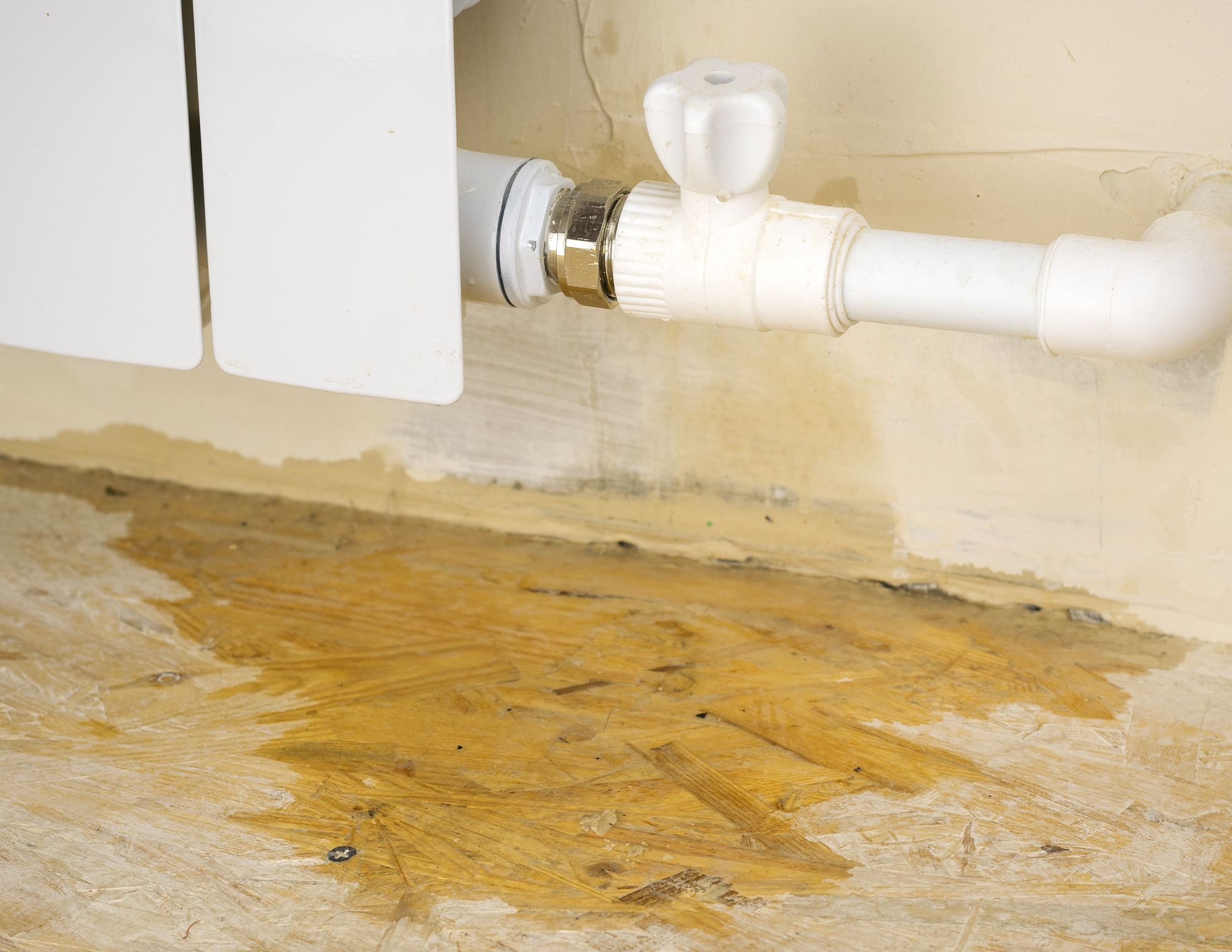Discovering the Six Most Common Causes of Water Leaks in Your Home
Discovering the Six Most Common Causes of Water Leaks in Your Home
Blog Article
The publisher is making a number of good annotation about Top Causes of Home Water Leaks overall in this article further down.

Leakages not only trigger waste of water yet can additionally cause unnecessary damage to your home and promote undesirable natural development. Sadly, water leakages may go unnoticed because most of the pipework in our house is hidden. By comprehending and also looking for everyday scenarios that cause leakages, you can shield your house from future leaks and unneeded damage. Today, we will look at six leakage causes that might be causing your pipes to leak.
Instant temperature level adjustments.
Extreme temperature level changes in our pipelines can cause them to broaden and also get suddenly. This development and tightening might cause fractures in the pipes, specifically if the temperature level are listed below cold.
Rusty water systems
This could be the cause of staining or warping on your water pipelines. If our plumbing system is old, consider replacing the pipelines given that they are at a higher danger of corrosion than the newer designs.
Malfunctioning Pipe Joints
The point at which your pipelines attach is frequently the weakest web link in the waterline. Pipe joints can weaken gradually, causing water leakages. The majority of pipe joints are not quickly visible. If you have loud pipelines that make ticking or banging noises, particularly when the warm water is turned on, your pipe joints are most likely under a lot of stress. It is a good idea to have your plumber evaluate your system once a year.
Elbowing in roots
Most water leaks start outside the house as opposed to inside it. If you see an abrupt reduction in water pressure, say in your faucet, require time to head out and also analyze your backyard. You may discover damp patches or sinkholes in your lawn, and that might mean that tree roots are invading water lines causing water to permeate out. You can have your plumber look for invasion, especially if you have trees or shrubs near your residential property.
Poor Water Connectors
At times, a leakage can be triggered by loosened pipes and pipelines that provide your home appliances. In instance of a water connections leakage, you may notice water running straight from the supply line or pools around your home appliances.
Obstructed Drains
Clogged drains pipes might be annoying as well as inconveniencing, yet they can often end up triggering an overflow causing break pipelines. Maintain eliminating any products that might go down your drains pipes that can clog them to stay clear of such hassles.
All the above are sources of leakages however not all water leakages arise from plumbing leaks; some leakages could come from roof covering leaks. All leaks ought to be fixed right away to stay clear of water damage.
Leaks not just create waste of water but can also trigger unnecessary damage to your residence as well as promote unwanted natural growth. By looking and comprehending for day-to-day circumstances that create leakages, you can protect your house from future leaks as well as unneeded damages. Today, we will look at six leak triggers that might be creating your pipelines to drip.
At times, a leak can be caused by loosened tubes as well as pipes that supply your devices. In case of a water links leakage, you might notice water running directly from the supply line or pools around your devices.
How To Check For Water Leak In Your Home
How To Check for Leaks
The average household's leaks can account for nearly 10,000 gallons of water wasted every year and ten percent of homes have leaks that waste 90 gallons or more per day. Common types of leaks found in the home are worn toilet flappers, dripping faucets, and other leaking valves. These types of leaks are often easy to fix, requiring only a few tools and hardware that can pay for themselves in water savings. Fixing easily corrected household water leaks can save homeowners about 10 percent on their water bills.
To check for leaks in your home, you first need to determine whether you're wasting water and then identify the source of the leak. Here are some tips for finding leaks:
Take a look at your water usage during a colder month, such as January or February. If a family of four exceeds 12,000 gallons per month, there are serious leaks.
Check your water meter before and after a two-hour period when no water is being used. If the meter changes at all, you probably have a leak.
Identify toilet leaks by placing a drop of food coloring in the toilet tank. If any color shows up in the bowl after 10 minutes, you have a leak. (Be sure to flush immediately after the experiment to avoid staining the tank.)
Examine faucet gaskets and pipe fittings for any water on the outside of the pipe to check for surface leaks.
Undetected water leaks can happen without the home or business owner even realizing. If you suspect a water leak, but not able to find the source. It is time to contact a professional water leak detection service, The Leak Doctor.
How To Find a Water Leak In Your Home
https://www.leakdoctor.com/blog/How-To-Check-For-Water-Leak-In-Your-Home_AE197.html

I'm very taken with How to detect water leaks in your home and I am praying you liked my blog posting. Don't hesitate to take the time to share this blog posting if you enjoyed reading it. Many thanks for going through it.
View Report this page